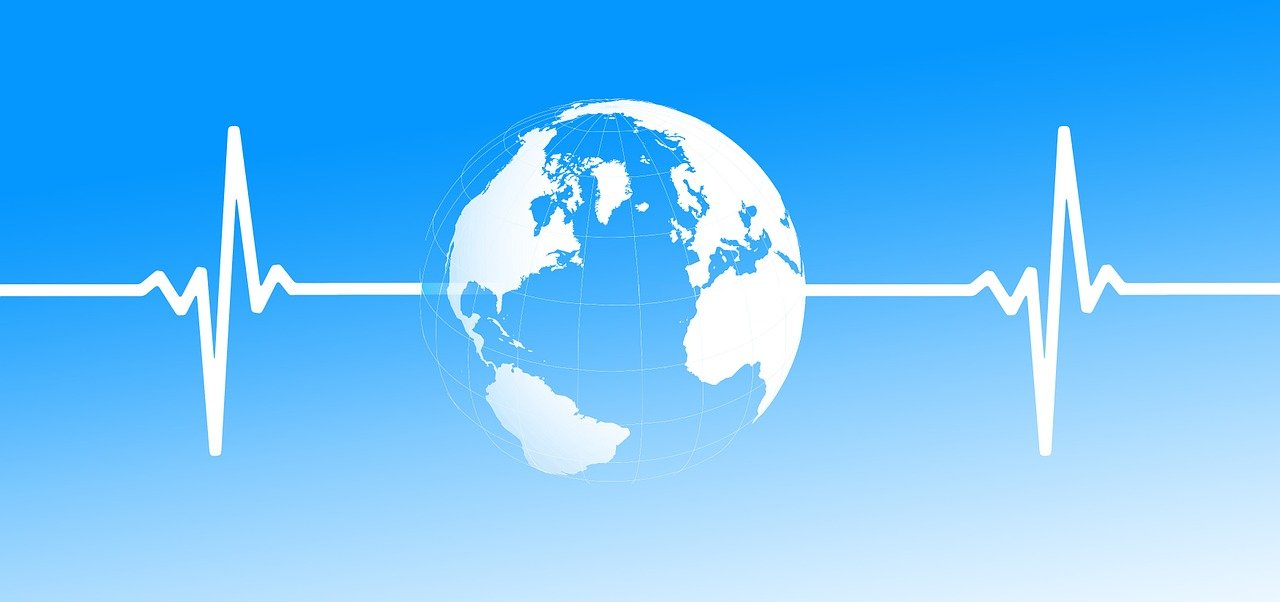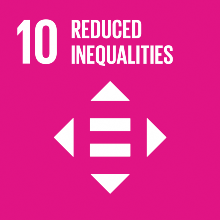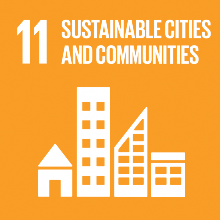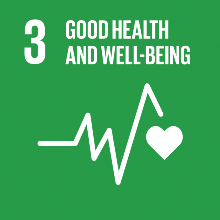For any queries, please get in touch at
challengesonline@exeter.ac.uk

The Planetary Health Alliance is a field focused on characterizing the human health impacts of human-caused disruptions of Earth's natural systems. Find out more here.

Future Earth is a global network of scientists, researchers, and innovators collaborating for a more sustainable planet. Click here for more info.
Planetary Health
Planetary Health
Grand Challenges has now finished for this year. We will release information on Grand Challenges 2023 in the next academic year on our Grand Challenges website. In the meantime, follow us on @gc_exeter to check out the events of GC2022 and find out information as it is released!
What on Earth have we done? And how do we put things right?
The profound environmental damage we are inflicting on our planet, Earth, is adversely affecting the health of those alive today. And it will continue to damage human health and wellbeing for many generations to come (even if we stopped further damage today). The geo-biological changes we have initiated will persist for centuries (even if we stopped all greenhouse gas emissions today). We are already locked-in to some change. The decisions we make and the actions we collectively take in the next few years will determine both the health and wellbeing of the current generation and of those in generations to come. The links between climate change and health are starting to be seen – and evidence on the impact of climate on a range of diseases from vector borne disease to mental health, to impacts on diets and physical activity. The feedbacks from the health sector into the wider environment are also a concern – from carbon emissions to single use plastics, the health system is a major source of pollution and waste.
What actions must we take to adapt to the challenges presented? And how do we persuade humanity to act decisively and together as one?
In this Challenge, students engaged in one or more of these topics that considered how the rising global average temperature and increased industrial effluences damage the environment and impact human health.
Some of the impacts on human health students explored are:
- Heat illnesses
- Exacerbated heart & lung conditions
- Asthma
- Traumatic Injuries
- Water & food-borne infections
- Allergies
- Vector-borne diseases
- Emotional Stress (mental health disorders due to extreme weathers, lack of access to fresh water, food insecurity, loss of home, famine and migration).
Students also considered what innovative solutions in the form of protocols or technologies can be offered to address these challenges to improve human health (mental or physical), while having no or minimal burden on the environment? Moreover, you may ask, what messages should we be taking to COP26 and to the World Health Organisation? On this Challenge, students had the freedom to address the issues that mattered most to them.
Speakers
During Challenges Week, we invite a range of exciting speakers at the forefront of their respective fields to give short talks about the Grand Challenge you've chosen to tackle.
- David Pencheon - Honorary Professor, Health and Sustainable Development. His current area of research is how we get practical and radical on creating the conditions most likely to promote environmental, social and economic sustainability for life promoting planetary systems.
Enquiry Groups
Enquiry groups are the subtopic of the challenge that students will focus on for Challenges Online Week. These are the enquiry groups that ran in June 2021 on the Planetary Health Challenge:
The health impacts of climate change will differ significantly from country to country. Increased heatwaves may lead to more deaths in summer. Changes in rainfall and temperature may lead to changes in the distribution of vector borne diseases (e.g. malaria or Lyme disease). Increased temperatures may lead to behaviours that cause certain diseases to increase in prevalence (e.g. skin cancer from more sunbathing on the beaches of Cornwall). Animal health may also be impacted – with companion animals and farm animals being affected by increased heat and spread of diseases amongst farm animals.
In your enquiry group, you might choose one of these topics to look into. Can you think of novel ways for adaptation? How can we get the messages about climate change and the planetary health risks across to various publics and stakeholders?
The loss of biodiversity is seen as one of the three largest threats facing our planet (the others being climate change and pollution). Biodiversity is important for the survival of our planet and indeed human race. In this enquiry area you will look at ways to prevent biodiversity loss or to communicate messages about this crucial issue. You might choose a particular species to examine – or look at the impact on society of biodiversity loss overall. You could look at the ethics of managing biodiversity or ways to protect ecosystems and sustain food chains. You might consider evaluating the benefits and costs of biodiversity – considering the health impacts, the potential for novel drug discoveries and for nature based tourism.
There is increasing awareness of the importance of mental health and the burden that poor mental health and wellbeing places on society. From extreme events to climate change uncertainty, the mental health of different populations is being impacted. Inequalities exist – both in the impacts of climate change on mental health and wellbeing and in the provision of health services and access to them. Sprawling cities and increasing high density urbanisation have resulted in exposure to potentially harmful affluence, lack of clean air and reduced access to blue and green environments. Climate induced migration may lead to stresses on migrant families. How can we tackle this problem? In your enquiry groups you can look at one of the areas of particular concern and think about interventions that might be useful in reducing the mental health and wellbeing burden of climate change.
We don’t yet know precisely when and where SARS-CoV-2 virus first jumped the species barrier into a human host. But we know, at some stage, it acquired ability for rapid onward human to human transmission and triggered the COVID-19 pandemic. Viruses and other pathogens frequently jump between species, but most cannot easily spread within the new host species and don’t cause pandemics. Avian flu, Ebola, SARS, MERS and HIV/AIDS are other viruses that have successfully made the jump in recent decades. And examples of new zoonotic diseases (human diseases caused by pathogens that have originated in animals) are becoming more frequent. What do you think are the reasons for this? Are there things humans can do to decrease the likelihood of future pandemics? Can we decrease the chances of new viruses making the jump? Can we stop outbreaks from becoming epidemics? How can we better protect global societies from the ravages of pandemics? What kind of media campaign would be effective in promoting public acceptance of your solutions?
Hear from the Academic Leads
Find out from the academic leads themselves about all the exciting things happening on the Planetary Health Challenge.
Meet the Challenge Leads

Dr Tim Malone is an NHS Research Fellow who has been working on clinical research trials for patients with neurodegenerative disorders for over twenty years. He also has a long-term interest in sustainability and planetary health, and was appointed as one of Devon’s Sustainability and Health Ambassadors with the South Region Sustainability and Health Network in February 2017.






.jpg)
.jpg)